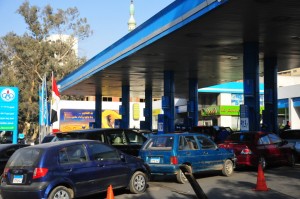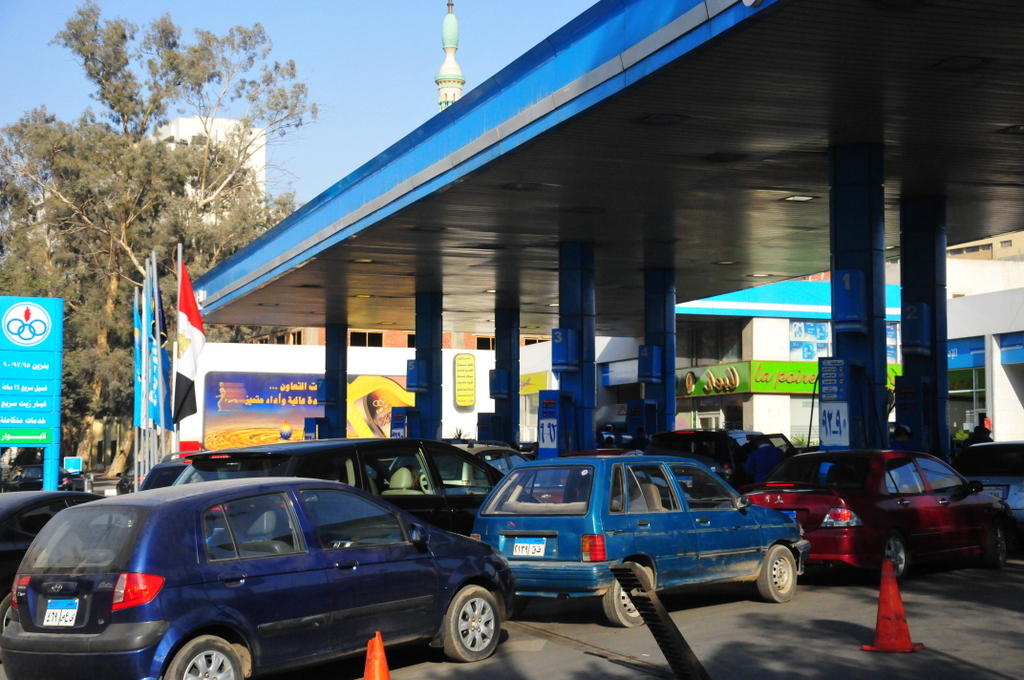
Hassan Ibrahim
Egypt’s General Petroleum Corporation (EGPC) is seeking to buy 968 thousand tonnes of diesel to be delivered between April and June.
EGPC will opt to buy 13 shipments ranging from 30 to 33 thousand tonnes to be delivered in Alexandria port, and 11 shipments ranging from 38 to 40 thousand tonnes of the same product to be delivered in Dekheila port, Reuters reported.
Hossam Arafat, the head of the petroleum products division in the Chambers of Commerce Union commented: “I don’t care about the numbers, all that I care about is the availability of the product in the market and the credibility of the statements, and after all, how can I be sure that they will import the said amounts.”
Egypt has been suffering a fuel shortage for four weeks, the crisis manifested by long queues of cars taking place outside gas stations in affected cities.
“Diesel is the nerve of transportation,” said Arafat. “The lack of diesel impacts negatively on all the aspects of daily life and causes bottlenecks and disputes in the streets, its scarcity leads to increases in transportation tariffs and vegetables prices.”
Minister of Petroleum and Metallurgical Wealth Ossama Kamal, announced a threefold initiative to reduce subsidies on oil by 10% over five years in return of increasing salaries by the same percentage.
The plan suggests also allocating limited rations of subsidised fuel with the possibility of buying extra amounts of partially subsidised fuel as an alternative to subsidies reduction, or giving monetary allowances to replace the in-kind subsidies, which is the easiest alternative for the government according to the Kamal.
The petroleum minister discussed the fuel issues and the subsidies in a round table held Saturday on the sidelines of a conference called “Oil, environment and development perspectives” at Pharos University.
Arafat criticised the minister’s plan saying he should give more attention to providing diesel in the market, instead of wasting his time on rationalising the subsidies which is the finance ministry’s duty.
“It’s not the best time to talk about rationalising subsidies while the street is engorged, I ask the minister to focus only on one thing: providing fuel.”




